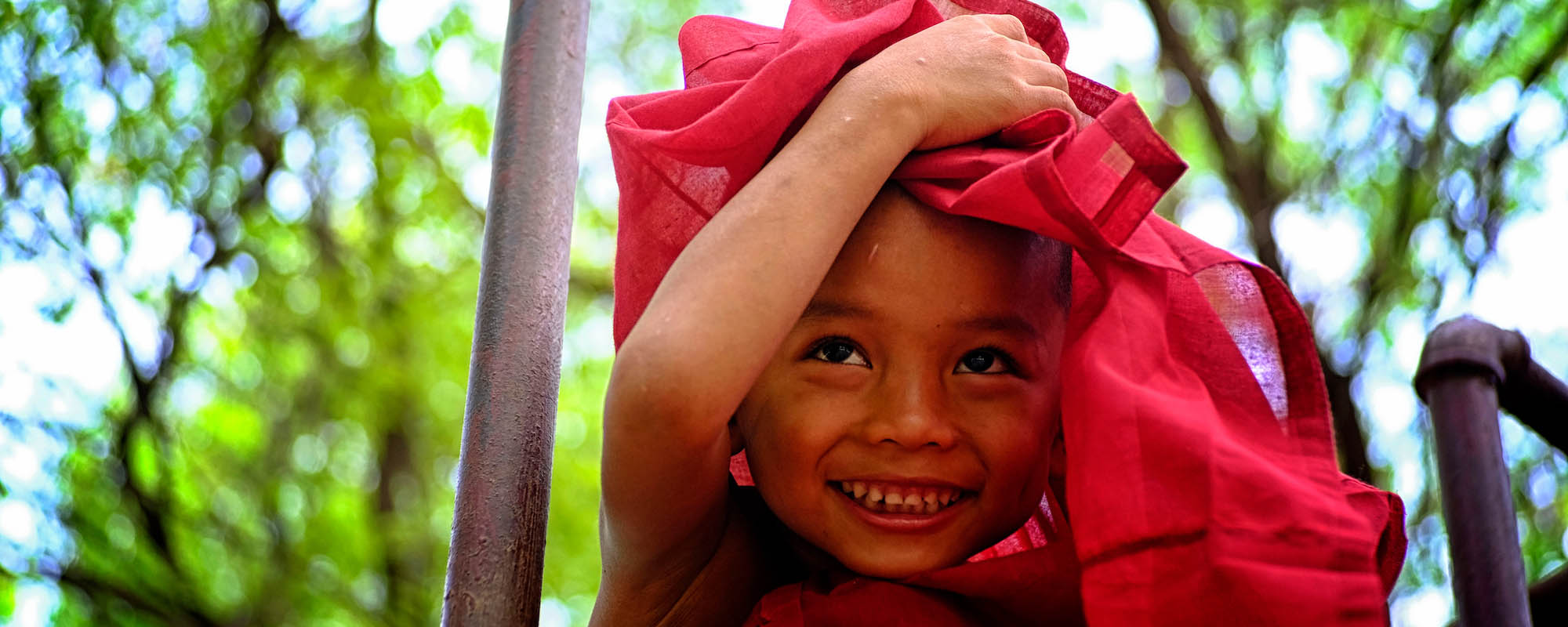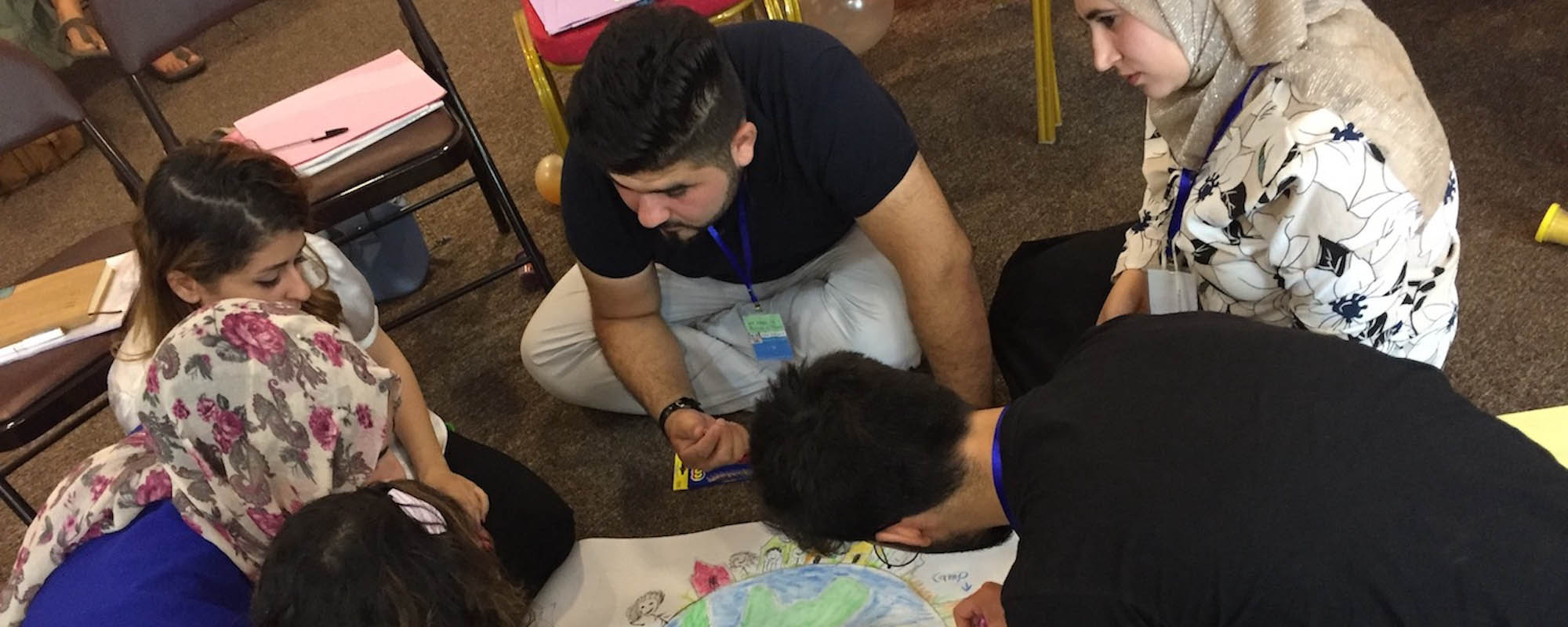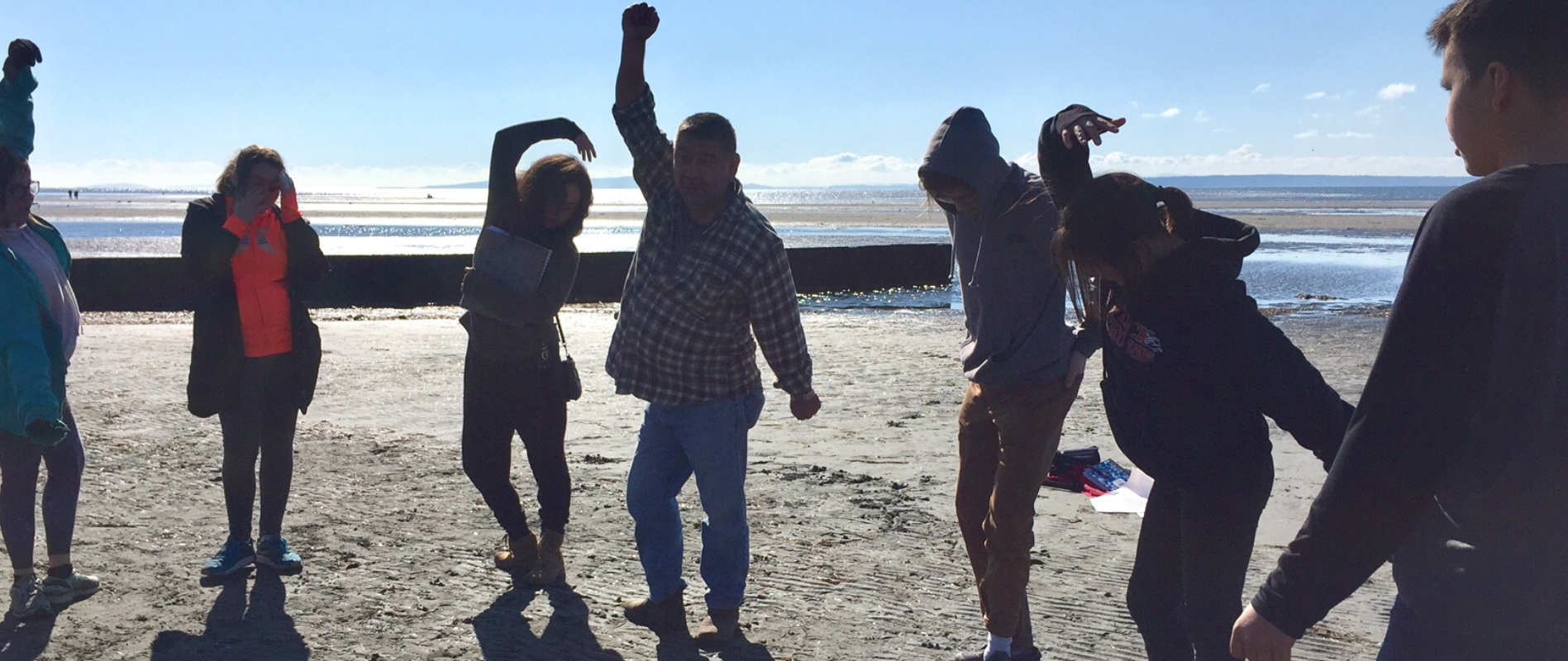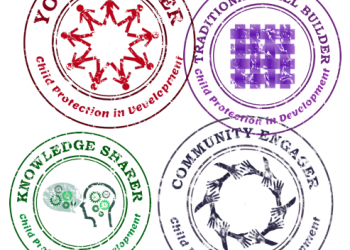Stamps are markers of achievement for specific competencies earned through YouLEAD, CPID and community-based learning environments. Skill Recognition Stamps are typically offered in collaboration with partner organizations and communities. Stamps are placed on a participant’s profile, shared through social networking sites and can be displayed on a participant’s electronic resumé or CV to demonstrate core competencies to employers and academic institutions.
Some Skill Recognition Stamps include:
Community Engagement
Participants demonstrate community engagement and participation. This can mean volunteering time at community events or with community members who need support, actively sitting on community committees or councils, recruiting other volunteers on initiatives etc.
Traditional Skills
Participants demonstrate traditional skills as taught by community knowledge keepers and trainers. This can range from traditional skills such as hunting, drum making, beading, rites of passage, traditional story telling, language use etc. to traditional community engagement activities such as helping at feasts and ceremonies or learning oral histories from Elders.
Youth Leader
Youth participants demonstrate self awareness, personal wellness, healthy self identity and sense of belonging through strengths, group facilitation, public speaking, goal setting and achievement, personal planning and demonstrated leadership both in their personal lives and in their community. This can be achieved through supporting and mentoring other youth, developing and undertaking youth-led initiatives or representing their community. (includes the ability to transform conflict and facilitate group processes)
Creative Knowledge Sharing
Participants demonstrate their ability to share knowledge, learning and traditional practices with other youth and community members, using a variety of creative toold. this includes presentations, social media, creative arts and expression, film/video etc.
Rights Advocate
Participants demonstrate ability to understand, articulate and support the rights of children, youth and Aboriginal peoples and their access to justice, and participate in activities to stand up for these rights.
Community Research
Participants demonstrate use of participatory action research tools, are able to gather and understand information and present these findings to key decision makers. This could include helping writing proposals, managing teams and budgets etc.
Job Preparedness
Particiapants demontrate job readiness as well as their ability to put their knowledge and skills into action in a work type setting.







